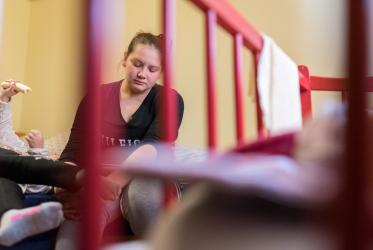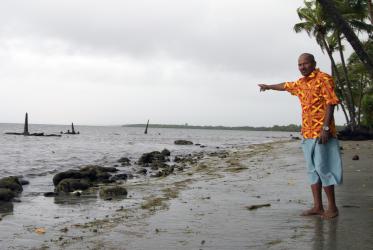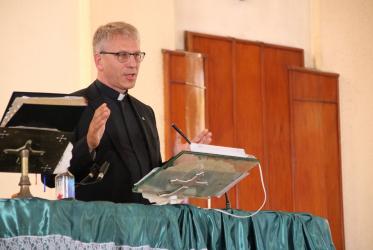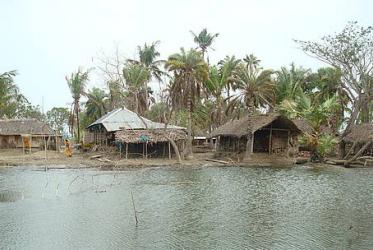Displaying 1 - 9 of 9
Ukraine: Responding to humanitarian need
08 September 2022
Churches should use their voice on climate change
26 February 2020
In Fiji, “time to go beyond the reef”
14 August 2017
Indigenous faith leaders reflect on resilience and climate change
23 September 2014






